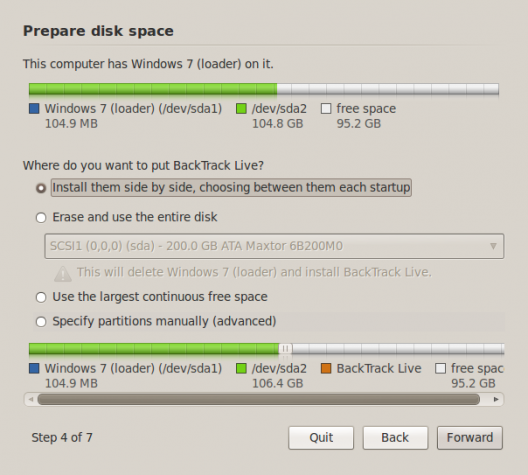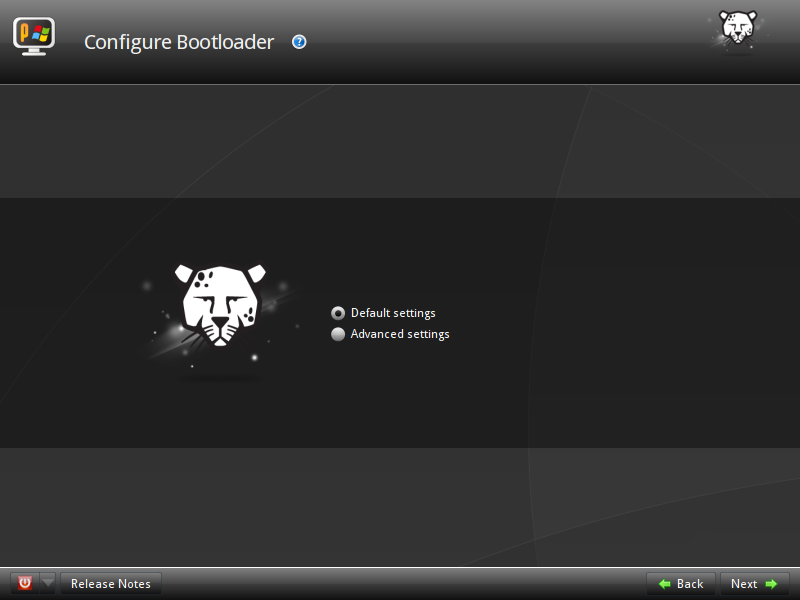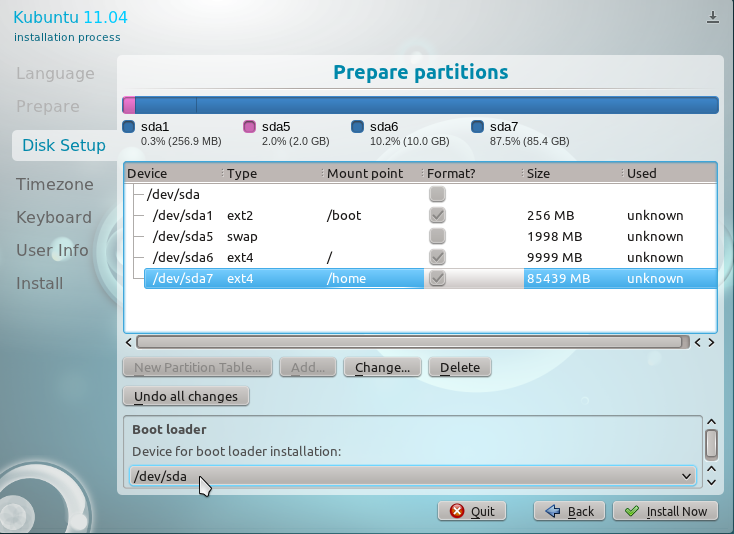Just because your activities are being monitored by the powers that be does not mean that you should throw up your arms in the air and give up. Yes, complete privacy is almost impossible to achieve in the age of bits and bytes, but there are things you can do to minimize how much of your privacy you give up.
Mostly, it comes down to the tools you employ to navigate this interconnected universe of ours. The most popular tools are owned by major technology companies, the same outfits that give government agencies free, warrantless access to your data.
But thanks to Free Software alternatives, you can take steps to regain some control on how much of your data is viewed or is viewable by unauthorized netizens. Of course, if privacy does not mean anything to you, you can ignore this. However, if it does, continue reading.
For desktop operating systems, Windows and Mac OS X are the most popular, but they are also owned by those big-bad companies that we can’t rely on to protect our privacy. If you are visiting this site for the first time, be informed that the preferred alternatives to Windows and Mac OS X are GNU/Linux distributions. But given that there are hundreds of distributions, which one is recommended?
There’s no easy answer to that question, but prism-break.org has a short list of distributions that should satisfy the computing needs of some. While I’ll not recommend most of those on that website for new users, they are a good starting point. In a couple of days, I’ll publish a list of new user-friendly distributions that work just as well as Windows and Mac OS X. That’s it for desktop operating systems.
How about mobile operating systems that respect your privacy? Unfortunately, there are none that I can recommend at this time. Prism-break.org gives CyanogenMod as an alternative to Android, the most popular operating system for smartphones and tablets. However, loading CyanogenMod on a compatible mobile device takes some effort. So it’s not a mass-market Android, iOS, or even Windows Mobile alternative.
But even when you cannot live without Android and iOS, there are apps you can install on them to protect some aspect of your digital activities. Two good examples are Whisper and Tor. Prism-break.org has more that you can use, so take a few minutes to visit that website to see a list of software and operating systems that you can use to outwit PRISM and other government-sponsored snooping.








Hi There,
Thank you SO MUCH! I was actually holding my breath as I followed these directions. It worked beautifully!
I am having a collection with 7 Columns and around 1000 rows. In that 1000 rows, some rows are duplicate.
How can I delete those duplicate rows from collection?
It automates applications and supports any platform presented in a variety of methods.
It has been designed for a multi-environment deployment model with physical as well as logical access controls.
Anyways great write up, your efforts are much appreciated.
Thank you,
Jack